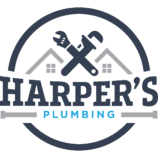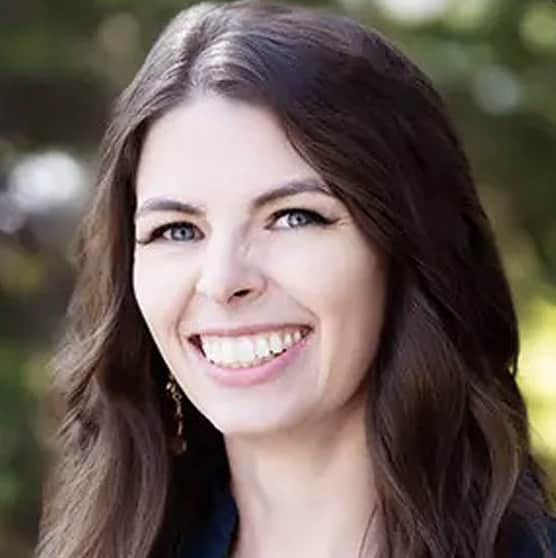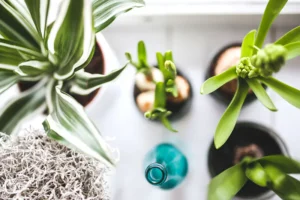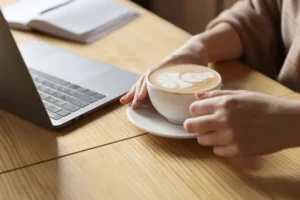(Updated: Aug 30, 2023)
While most landlords have lease agreements for their rental properties. Did you know you should inspect and create a visual record of the property’s condition before your tenants move in. This acts as a record of the baseline of the property and can be very useful when the tenants decide to end their tenancy.
Now that all the paperwork is in place, inspections are done, couches have been moved into the new home the landlord still needs to be aware of the property and be proactive with maintenance. Before becoming a landlord, we recommend giving this article a quick read. It is also worth considering hiring a property manager to oversee your property to reduce the number of items you will need to think of.
However, if you choose to manage your own rental property, proactive maintenance is crucial in regards to your rentals plumbing. Water is present in almost every room of a modern building. Even when there are no faucets in a room, there may be water pipes running inside its walls or ceilings. As a result, your rental property is always at risk of water damage due to plumbing issues.
Plumbing Maintenance is Essential for Rental Properties
Plumbing maintenance is a bigger issue in rental properties than in your own home because:
- You are not always near the property and its systems. This means a higher risk that plumbing problems will go unnoticed.
- The tenant may not be as meticulous or knowledgeable as the property owner, so the plumbing fixtures in a rental are more likely to malfunction.
- Plumbing problems in the home affect you and your family. But plumbing issues in a rental property can lead to lawsuits and loss of business.
This is why it is vital that you know what to do to minimize the potential for problems in your rental’s plumbing system. Read below for an bi-annual plumbing maintenance checklist which identifies the key areas where you may have problems in your plumbing and what you can do to protect your property and its tenants.
Rental Property Plumbing Bi-Annual Maintenance Checklist
Routine inspection and maintenance of the entire plumbing system should be done at least twice a year. You will get better results if you do it four times a year; to coincide with the seasonal maintenance for the property. We also recommend impromptu plumbing inspections every time tenants report an issue with the systems.
7 items to check with each inspection:
- Check the Water Pressure
This should not be too high or too low. High water pressure will damage appliances and subject your pipes to excessive strain, resulting in leaks and burst pipes. Low water pressure may be a sign that you have a leaky pipe or that there are blockages in the system. - Drains
Clogged drains are a huge problem. A clogged drain can cause sewage to backup into the home. To prevent issues with the drains, tenants need to know what not to flush into the drain. You also want to have the drain inspected at the earliest sign of any trouble. - Shutoff Valves
Shutoff valves do two things. They control the volume of water that goes to the different fixtures and appliances in the rental. Shutoff valves are vital for shutting off the water supply during emergencies. During the walk through of your property ensure your new tenants know where all shut off valves are. - Faucets
One faucet dripping at one drop per second will waste 3,000 gallons of water in one year. Faucet leaks may not be easy to detect; even when they are apparent, it is easy to overlook them. If a faucet is running slow, check the aerator for buildup. Most leaky faucets don’t need to be replaced; you need to replace the washers and cartridges inside them. - Sink Drains
Clogged sink drains are a common occurrence in rental properties. This problem is often due to clogs within the P-trap or branch drain. These should be cleaned regularly, and tenants should be educated on what not to put inside the sink drain. Remember to check the sink for leaks. - Appliances
Check the dishwasher by running it. If the unit drains slowly, there may be clogs in the system, or the drainpipe might be pinched. Check the water supply hose and shutoff valve if it takes too long for the dishwasher to fill. Do this for the refrigerator, washing machine, and any water-utilizing appliance in the rental. - Toilets
Many things can go wrong with the toilet. The toilet will run if there is a problem with the components inside the tank; water could be seeping from its base, and the toilet seat could be loose (it will rock slightly when you sit on it).
For any possible conflicts you as a landlord might have with your tenants, be it about plumbing maintenance or water damage, or something else, you can find more info here. They will help you resolve any landlord-tenant legal issues in Alberta.
_ _ _
This article was composed with the help of Leenan Property Management, a full service property management company in Regina, Saskatchewan, offering rentals, apartments, and condos for rent.
Image credit: @oh_tilly






